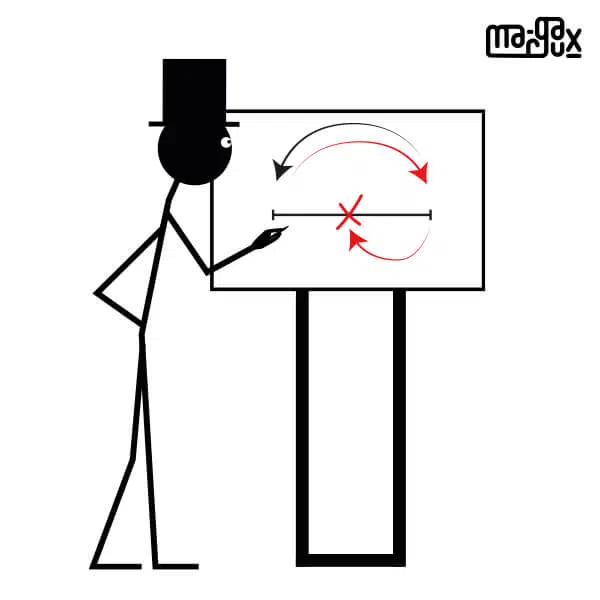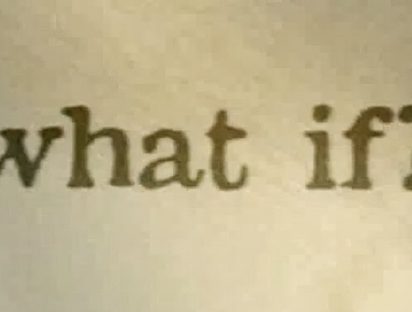
The appeal of the world concept and the pitfalls of reasoning
To support this deterministic hypothesis, let us consider three arguments. First, the concept of world could be invoked. It has the property of capturing attention. We know to what extent myths about the end of the world, utopias, certain philosophical tales and many science fiction stories, contribute to making the idea of world an attractive one. They stimulate the imagination. But it is doubtful whether this mechanism is powerful enough to support our deterministic hypothesis. One can be attracted to stories about the world without necessarily conceiving of a new world. A second argument relates to the presence of logically false reasoning, albeit made with no intention to deceive others, which we call “paralogisms.” We can imagine some of them. For example, some advocates of the world afterwards may have started, more or less consciously, from one of two ideas: “The epidemic crisis is on a scale never before known” or “The epidemic crisis confirms the slippery slope on which the present world stands,” and come to the conclusion that “there will (or should) be a change of world.” But without any other premise, this reasoning is wrong. The possibility that they may have been made unintentionally is consistent with the assumption that debates about the world afterwards have been shaped by determinisms. However, it may be objected that the persons concerned did not fall into this kind of trap and that, if need be, it would be easy for them to provide the missing premises in order to reach a logical conclusion.
Syntax can give meaning to the world afterwards
The third argument is purely grammatical. It is based on the observation that two nominal groups have been used in the French language to designate the world after the Covid-19 crisis: nouveau monde, whose number of occurrences is overwhelming, and monde nouveau – each meaning next world (1). The observation is important if we consider that the position of the adjective in relation to the noun can change the meaning of the nominal group. If this is the case with regard to the subject of interest, it implies that nouveau monde and monde nouveau do not have the same meaning. Our deterministic hypothesis gains strength. It is indeed unlikely that the user of either expression has measured the significance of the position of the adjective in relation to the noun. Rather, his grammatical choice was preconscious, therefore involuntary and, in a sense, determined. They might be surprised at the interpretation proposed to them. Here are two illustrations. Consider first the comments about the French phrase nouveau monde. It would be explained to its user that, without knowing it, they may have given this expression a subjective value, that the adjective nouveau was not autonomous – that it served essentially to reinforce the word world – and that nouveau monde expresses the idea of continuity with the world before, in accordance with the conception that our world is subject to permanent change. The user of the phrase monde nouveau would receive an opposite interpretation. It would be explained to them that the expression has rather an objective value, that the newness they referred to is as valuable as the word world and that, therefore, they may have desired newness as such, and that the expression monde nouveau implies a break in the course of history, which means that the world they wished for could not be governed by the principles of the world before.
Conclusion
The conclusion of these observations is modest in appearance. The hypothesis that we have called deterministic has an essentially formal scope. It does not deal with the content of the world that will follow the coronavirus crisis described by many observers. But it has important practical significance, as it serves as a check on the quality of a deliberation. Before expressing their position, the commentators on the world afterwards may thus ask whether they are aware of all the premises of their argument, whether they draw an adequate conclusion from it, to which conception of the world and of history their argument refers, or whether it is not marked by an attraction for newness as such. These formal questions have the nature of tests allowing the authors to check the coherence of their argument. When one has the ambition to design a new world, it is the least one can do.
Alain Anquetil
(1) See my two articles, entitled “Does the idea of a new world make sense regardless of its content?” 15 June 2020 and 29 June 2020.




